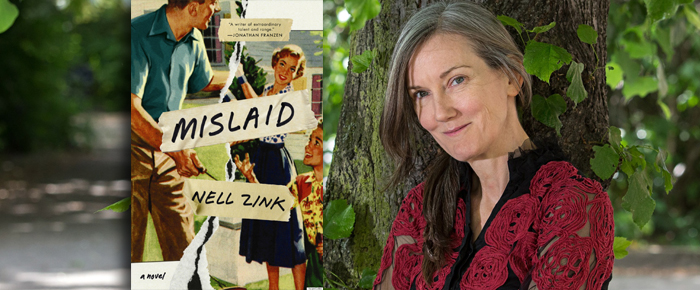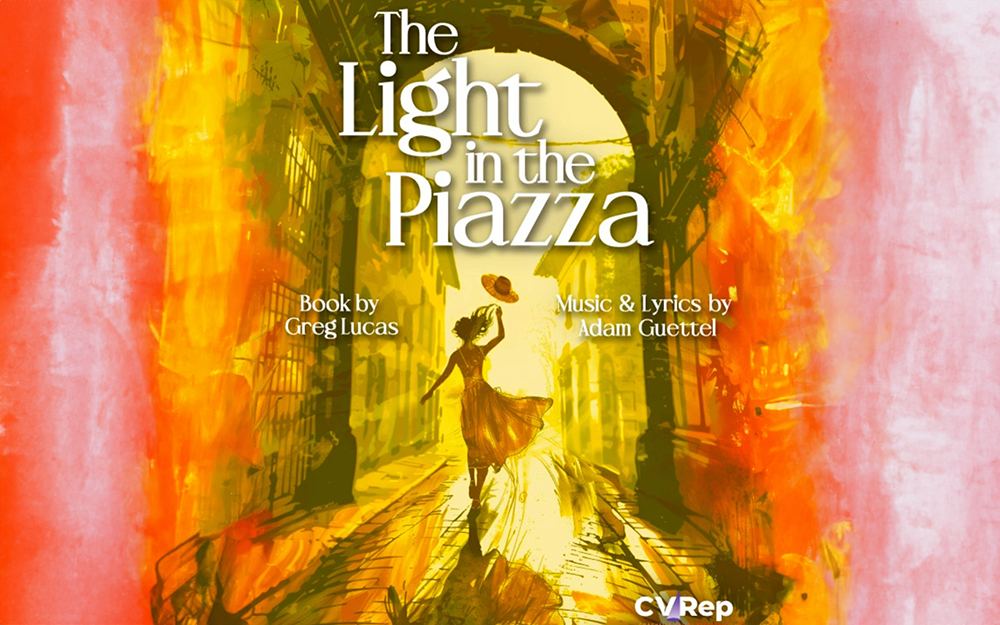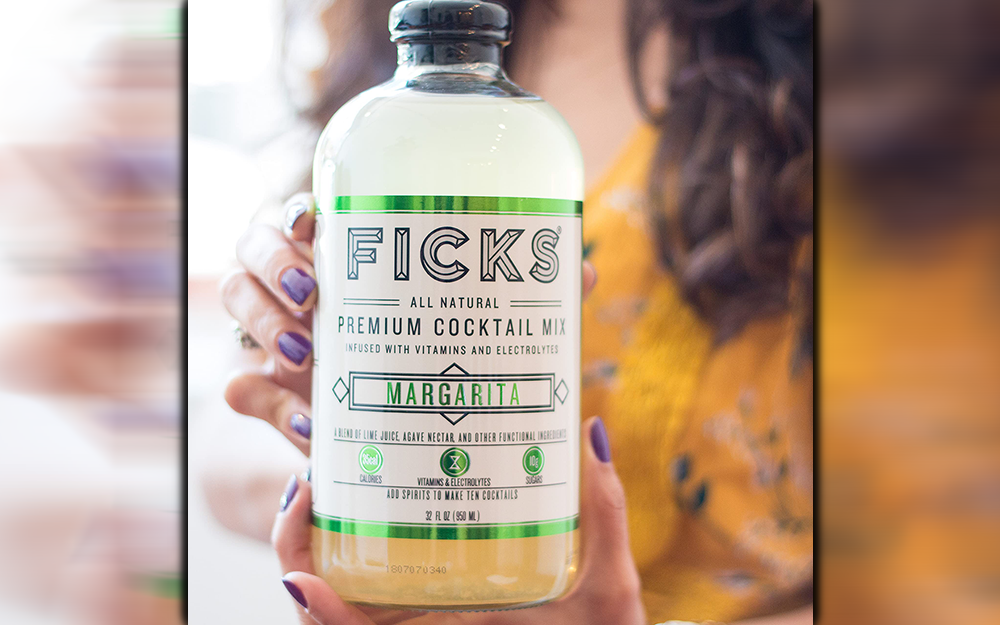
By Heidi Simmons
—–
“Mislaid”
by Nell Zink
Fiction
—–
The best-laid plans can easily be derailed and send us on an unexpected journey. We may think we are in control, but more often than not, we are at the mercy of life’s little twists and turns. In Nell Zink’s Mislaid (Ecco, 256 pages), race, class and sexuality collide, changing the course of one Southern family’s identity.
Peggy is noticeably different from her Southern, white-bread family. She is attracted to girls, is shaped like a boy and clearly has no interest in being a Southern Bell. She can hardly wait to escape to Stillwater, an all-girl college known for its lesbians. Peggy is thrilled to be among “her people.”
It’s post-Civil Rights Virginia during 1960s. Peggy is loving her freedom and educational exploration. Still a virgin, and filled with sexual tension, Peggy meets Lee, a Stillwater poetry professor. He comes from a well-known family in the area, but has been ostracized for being homosexual.
When Lee finds himself attracted to Peggy, they start an affair that results in Peggy getting pregnant. Peggy is forced to quit school and becomes an unlikely professor’s wife. After ten years together, another child, and Lee’s affairs with men and women, Peggy decides to leave him. Their son Byrdie clings to his father as she takes off with Mireille their daughter.
Knowing Lee’s family has the resources to find her and charge her with kidnapping, she never leaves the state, but instead hides in an abandoned slave shack with no electricity or plumbing. With a birth certificate from a dead, black, baby girl, Peggy changes her and her daughter’s name and race.
Now Meg and Karen Black, the twosome become the black darlings of the impoverished community on the wrong side of the tracks. Soon they are examples of how integration and intervention programs work. Although Karen is blonde with blue eyes, she is considered black. Mother and daughter are accepted by the black community and rejected by the white.
Meanwhile, Lee and his son Byrdie struggle to get along. Byrdie is a good student with noble ambitions. He has a triple major at the university and the love of Lee’s parents, which Lee does not.
Karen is two years younger than what’s stated on her birth certificate. But she excels in school under her mother’s tutelage. Karen has a black boyfriend named Temple. Meg tutors Temple as well. In order to keep a low profile and earn a living, Meg runs drugs for money and they move to the projects.
Karen and Temple grow up together and are eventually accepted into the university – on minority scholarships. As inexperienced freshmen, the two go out trick-or-treating on Halloween and get mixed up in an ex-frat house, race-related, drug sting. Karen becomes the main witness.
With a twist of fate, it turns out Karen must testify against her own brother! Meg doesn’t know until the day of the trail that the accused is her son Byrdie. Courtroom drama ensues as Lee recognizes Karen as his long, lost daughter. Terrified, Meg runs away for fear of being put in jail. In short order, the family is reunited and all is forgiven.
Once the family has everything out in the open, the children finally understand their eccentric parents. Karen and Byrdie never realized their folks were homosexuals and it finally all makes sense.
Mislaid is an unusual story about an atypical Southern family. Author Zink spins a colorful tale of how easily life can become unintentionally complicated and unpredictable. Peggy, on course to become a liberal lesbian writing plays in New York, finds herself with a man and kids lost in a world she does not understand.
This story dabbles in serious issues: sexual identity, self-sacrifice, parenthood, race, poverty and abuse. But Zink keeps the content light with humor and quirky intellectual observations from the precocious characters scattered throughout the pages.
Peggy is a fraud. She denies her sexuality and pretends to be black. She’s in the drug biz! Zink portrays Meg and Karen’s escape and poverty as noble. Her reasons for not divorcing Lee are ridicules. Meg won’t take social services only because she’d have to show identification. They live in a swamp with no amenities; wear used clothing and have very little food. Karen never complains even when she enters high school. Somehow, because she is “black,” her poverty is acceptable. Really? I think Zink’s omniscient voice is quite naïve.
Meg and Karen with their light-skin get more attention and better treatment than their “fellow” blacks. Karen tells her father that she’s glad she grew up black. Having the experience of a black girl was “cool,” even though the world is run by “whites.” I did like the speech on homosexuality and the rise of patriarchy with the decline of feminism.
Author Zink is white and originally from Virginia. She clearly knows the region, but didn’t give these important issues the gravitas needed to significantly affect Meg and Karen’s character. Meg is hardly changed after the experience and Karen is superficial.
I like Zink’s prose, but in many ways, Mislaid feels misguided.










































